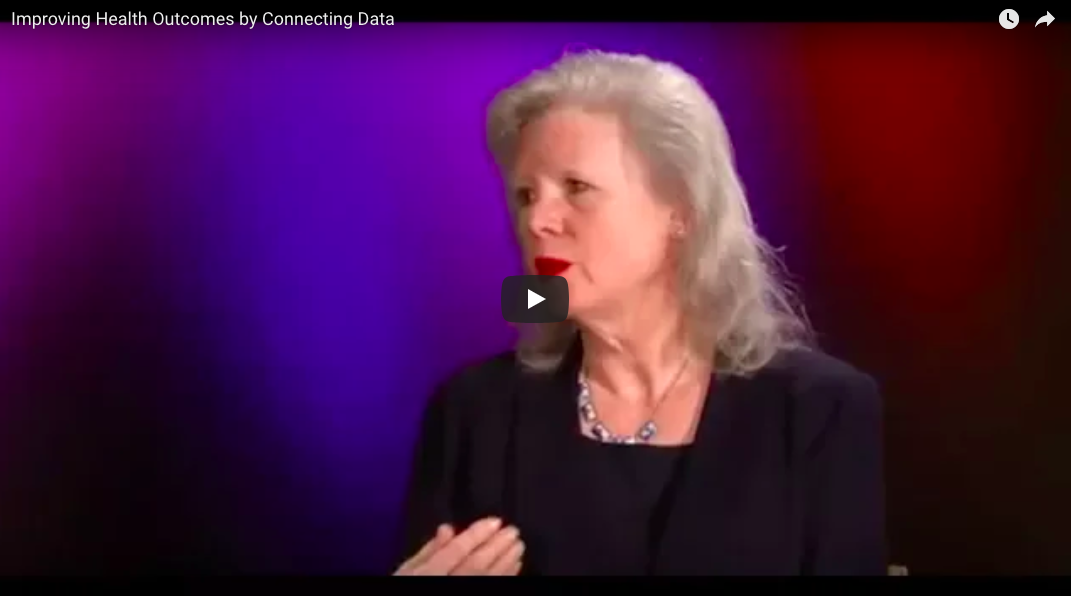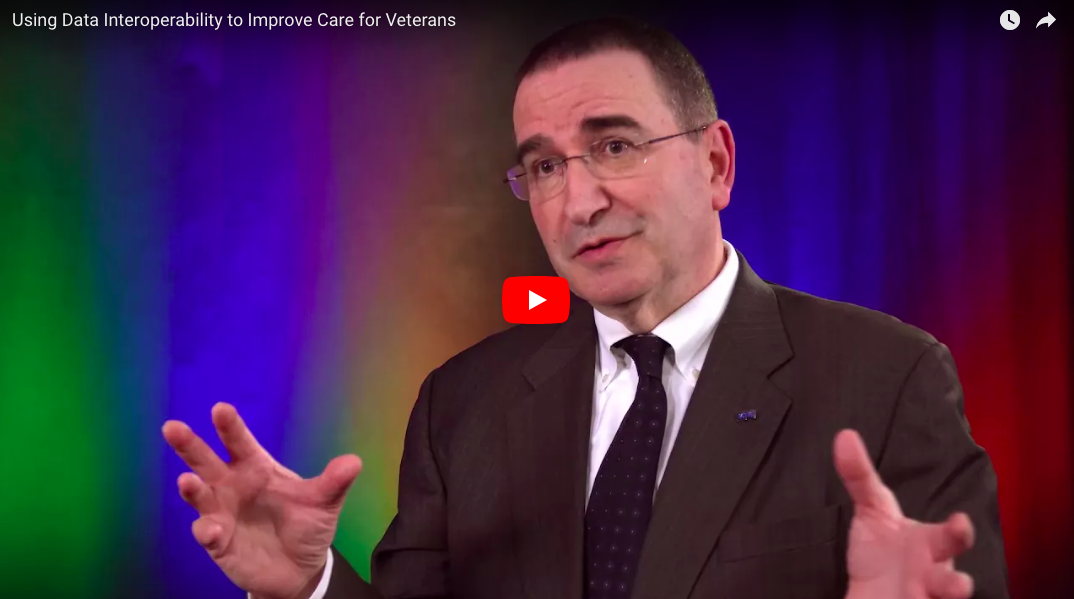Increased Access
Improving access to care for veteran, rural, and underserved populations … through advanced analytics, AI, and natural-language learning to help in preventing suicides, diagnosing PTSD, and combatting the opioid epidemic.
Latest Posts
Improving Health Outcomes by Connecting Data
MITRE’s Dr. Sarah Corley and Dr. Sybil Klaus discuss the research and tools needed for clinicians to better use data and reduce the current electronic health record provider input burden. Watch their take on how natural language processing and machine learning can help solve these difficult problems, predict risk for disease, and contribute to a holistic view of patient records.
Using Data Interoperability to Improve Care for Veterans
With more veterans relying on care from multiple providers, it’s important that all clinicians involved in the patient’s care be able to see a holistic view of the symptoms, history, and treatments. MITRE’s VP and Chief Technology Officer Dr. Jay Schnitzer talks about the research under way and the vision for achieving interoperability of electronic health record data for better healthcare outcomes.
Massachusetts Opioid Solutions Workshop
MITRE led one of 34 projects in the innovative Massachusetts public health study which brought together some of the foremost thinkers on opioid addiction today to discover new possibilities, create unexpected opportunities, and collaborate with the state to overcome the opioid crisis. Learn more about the Workshop and its findings.
MITRE researcher Jaya Tripathi featured in Boston Globe
Working with public and private stakeholders, and evaluating some of the existing vendor solutions, today MITRE researcher Jaya Tripathi has created a drug control tool that can be used by law enforcement and other organizations. The Boston Globe spoke with her about the ground-breaking research she’s doing.
Harnessing Data to Get Ahead of a Public Health Crisis
A personal experience inspired a MITRE principal scientist to pursue a new research focus on the fraud and abuse of prescription painkillers to better connect the dots among prescribers, pharmacists, and patients.
Emergency Room Physicians Look For Solutions to Curb Opioid Overdoses
Emergency room physicians are often blamed for the rising number of opioid overdoses in the U.S. because they are generally the first to prescribe opioids to patients seeking pain relief. A 2016 article in the Annals of Emergency Medicine sought to address the issue and provide solutions and alternatives for patients.
Prescription Drug Monitoring Program
The CDC estimates that more than 16,500 people die each year from overdoses involving prescription painkillers. Drug overdoses recently surpassed car crashes as a leading cause of injury-related death in the United States.
The Pathway to Patient Data Ownership and Better Health
Patients are becoming more active in their own healthcare. Researchers are looking at what systems need to be created to capture patient-generated data and how it could be interoperable with clinical data to result in better health outcomes.
MITRE and Partners Closing Gaps in Rural Health
Patients and doctors in rural locations face unique challenges. A cross-disciplinary MITRE team is conducting research to develop an innovative framework for rural health care and find solutions for rural areas.
Do you have expertise and want to help?
By working through these challenges together across government, public and private entities, and academia, we can solve problems for a safer world.



